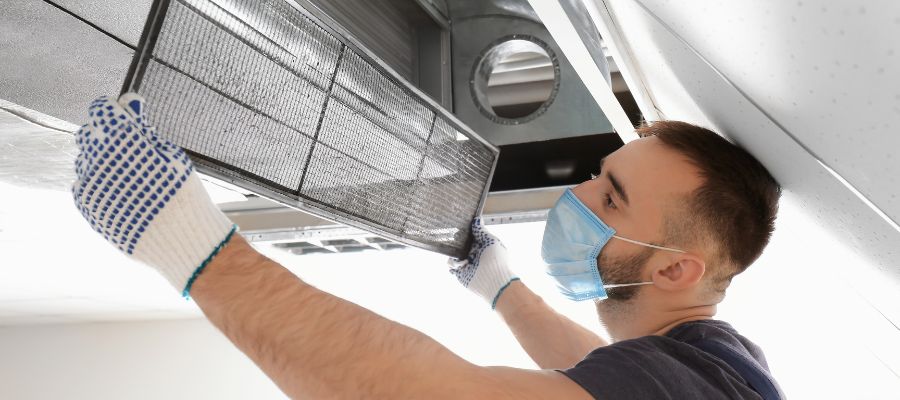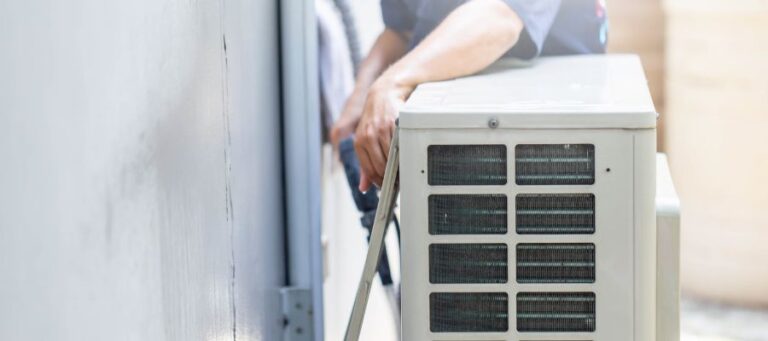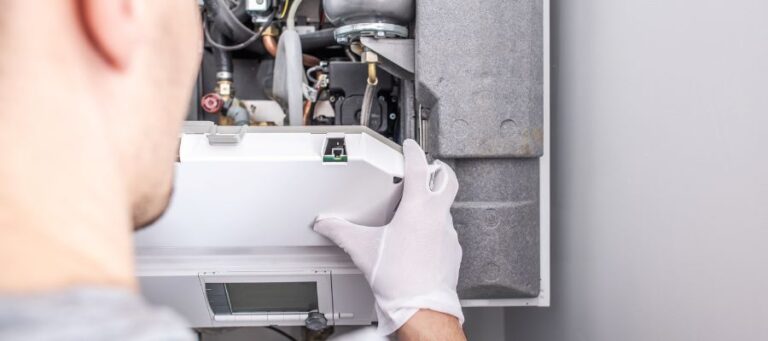

HVAC Services
Get Professional Repairs From The Area's Trusted HVAC Technicians. Ask About Our Services! We Offer Professional Heating & Cooling System Repairs And Guarantee Long-Lasting Results.
Got Question? Call us: (850) 678-2665Financing
Comprehensive Guide to Heating and Cooling Systems: Types, Maintenance, and Energy Efficiency

As our world continues to experience more extreme weather conditions, the need for effective heating and cooling systems becomes increasingly apparent. This comprehensive guide covers the types of systems, their maintenance, and the energy efficiency considerations you should bear in mind when choosing a system for your home or business.
Understanding Heating and Cooling Systems
Heating, Ventilation, and Air Conditioning (HVAC) systems play a vital role in maintaining comfortable temperatures in homes and workplaces. They also help improve indoor air quality and control humidity. An efficient HVAC system is essential for the overall comfort and health of building occupants.
Different Types of Heating and Cooling Systems
There are several types of heating and cooling systems, each with unique features and benefits:
Central Heating and Cooling
This system uses a network of ducts to distribute conditioned air throughout a building. It usually includes components like an air conditioner, furnace, and air handler.
Ductless Mini-Split Systems
These systems offer flexible installation options since they don’t require ductwork. They’re great for heating or cooling individual rooms.
Heat Pumps
Heat pumps work by moving heat from one place to another. They can work as both heating and cooling systems.
Geothermal Systems
These innovative systems leverage the earth’s temperature for heating and cooling, offering remarkable energy efficiency.
Hybrid Systems
A hybrid system can switch between a furnace and a heat pump, providing high efficiency and flexibility.
Installation and Maintenance of HVAC Systems
Proper installation and maintenance of your HVAC system are crucial for its optimal performance. An incorrectly installed system may lead to inefficiencies and shortened lifespan. Regular maintenance, like changing air filters and annual system checks, can keep the system running efficiently and prevent costly repairs.
Energy Efficiency in Heating and Cooling Systems
When choosing a heating and cooling system, energy efficiency is an essential factor to consider. Systems with high Seasonal Energy Efficiency Ratio (SEER) and Annual Fuel Utilization Efficiency (AFUE) ratings use less energy, reducing environmental impact and saving on energy costs.
Innovative technologies like smart thermostats, zoned systems, and programmable thermostats can further improve a system’s energy efficiency. Energy-efficient HVAC systems are not only eco-friendly but can also save significant amounts on your energy bills.
The Environmental Impact of Heating and Cooling Systems
HVAC systems can have a significant impact on the environment. Traditional systems rely on fossil fuels, leading to high carbon emissions. However, newer technologies, such as geothermal and solar-powered systems, provide eco-friendly alternatives. By choosing energy-efficient systems and maintaining them properly, we can significantly reduce our carbon footprint.
How to Choose the Right System for Your Needs
Choosing the right HVAC system involves considering your home’s size, your local climate, and your budget. It’s crucial to consult with an experienced HVAC contractor to understand your specific needs and options.
Remember, the cheapest system might not always be the most cost-effective in the long run. Systems with higher energy efficiency ratings may cost more upfront but can save you money on energy bills over time.
Conclusion
Understanding the intricacies of heating and cooling systems can help you make an informed decision about the right system for your needs. By focusing on energy efficiency and proper maintenance, you can enjoy comfortable indoor temperatures year-round and do your part in conserving our planet’s resources.
Whether you’re installing a new system or maintaining an existing one, always seek professional advice to ensure the optimal performance of your heating and cooling system.



